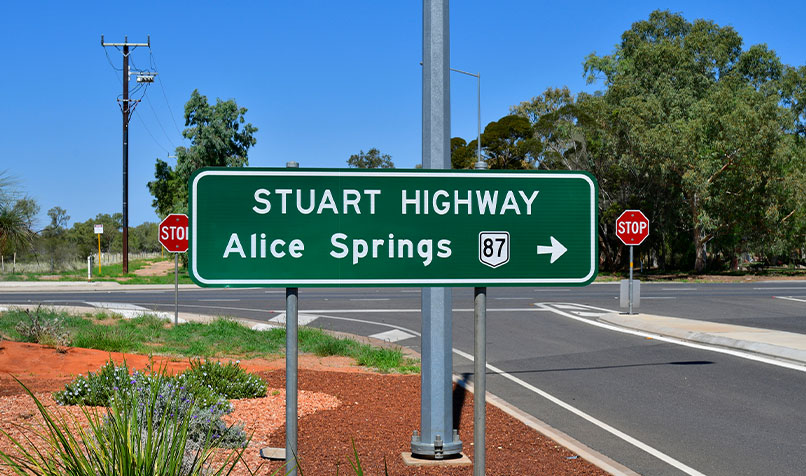Loading component...
At a glance
Former NT Chief Minister and Treasurer Michael Gunner, who handed down the budget on May 10 before resigning for family and personal reasons, said that despite the challenges of the pandemic and the end of the construction boom from the new complete INPEX gas project the NT economy “is strong and getting stronger.”
“The budget is on the right track. Our budget discipline will continue,” Gunner said in his budget speech.
“The main drivers of our growing economy are higher levels of spending by Territorians and higher levels of investment in the Territory. That all comes down to one word: confidence.”
Although the INPEX boom is over, major construction projects such as the Finniss lithium and Barossa offshore gas developments were ongoing and were expected to help grow the economy by 3.7% in the next financial year.
The NT Government outlined spending initiatives in remote housing, health and $58 million to the tourism sector to attract hospitality workers and visitors.
GST payments from the Commonwealth are the NT’s primary income source, providing $3.58 billion for 2022/23, comprising 69 per cent of total revenue. Revenues are forecast at $7.6 billion, a fall of $300 million due to the end of pandemic funding from Canberra.
The NT’s budget position is an improvement on the previous forecasts, which were for a $1.2 billion deficit this year and $10.1 billion in net debt.
Government finances ended the 2021 financial year with a deficit of $854 million, down from the forecast of $1.36 billion.
Increasing revenue from GST and payroll tax and lower government operating costs are forecasted to assist in budget repair, with the deficit forecast to fall every year over the forward estimates to $17 million by 2025/6.
Infrastructure loans, however, will continue to see net debt rise to $9.4 billion or 121 per cent of revenue by the same year.
Key expenditures in the NT budget

Key expenditures in the 2022/23 budget include another $6.4 million for the police force, which is allocated a total of $510 million.
Remote community housing receives $690 million, comprising a $301 million Remote Housing Investment Package, and $258 million in land servicing to support the package.
The health budget is $2 billion, with new initiatives including $8 million to boost bed numbers and capacity at the Royal Darwin Hospital.
Road infrastructure spending is also a major budget line, with just under $200 million to be spent on improvements including work on the Stuart Highway between Alice Springs and Darwin.
Gavan Ord, CP Australia’s Senior Manager for Business and Investment Policy, notes that like the Victorian budget, the NT budget is “light on” measures of relevance to business and CPA Australia members.
“This is not surprising given the last two budgets have been focused on supporting business,’” says Ord.
He adds that the NT Government had missed an opportunity to support business by not providing incentives to seek advice from an adviser of choice. There were also no incentives for business to digitalise.
“With high inflation, labour shortages and supply disruptions, challenging times remain for many businesses and such businesses need help to manage through this period and set themselves up for future success,” Ord says
CPA Australia research shows that businesses experiencing difficulty were less likely to seek advice just at the time they needed it most.
Governments could help overcome this challenge by providing incentives for businesses to seek advice to help them make the right decisions for their future.

